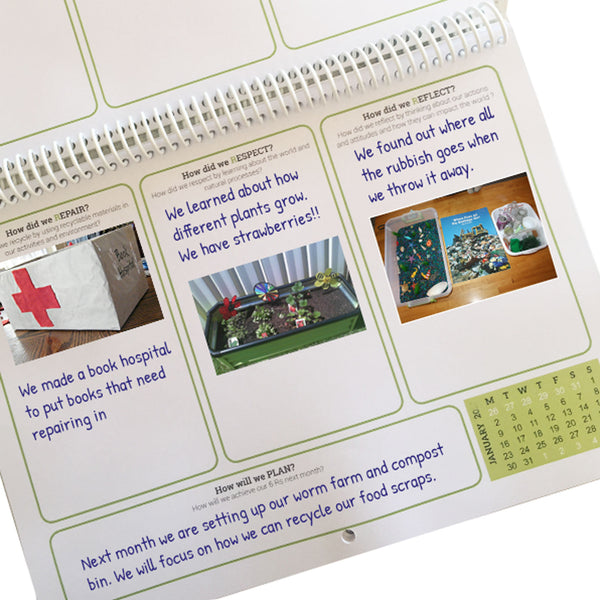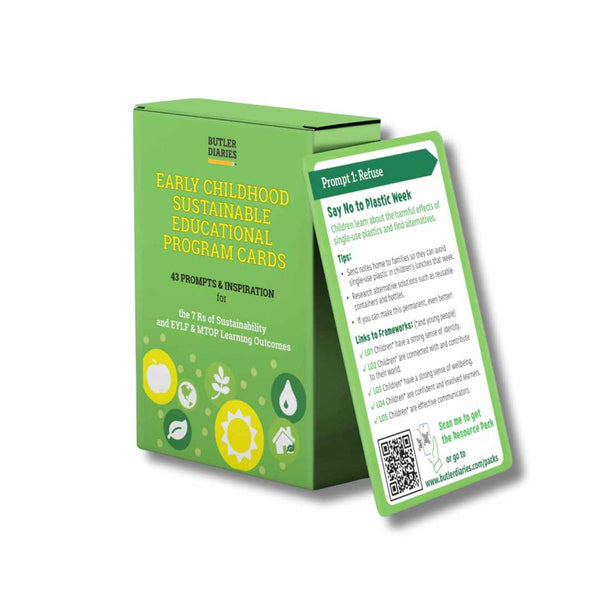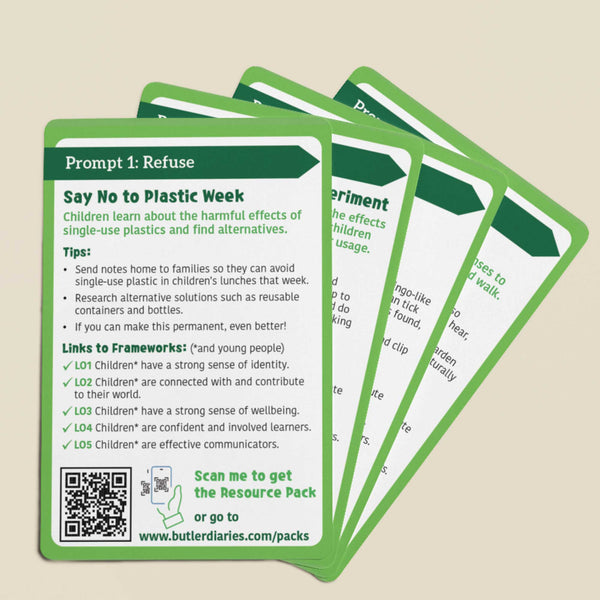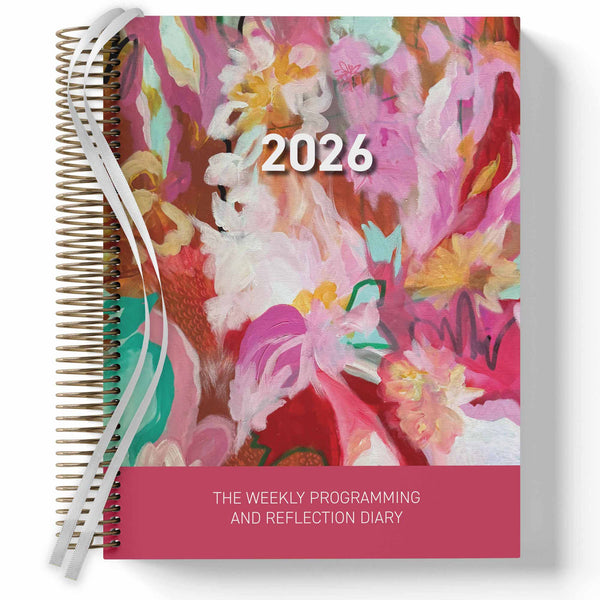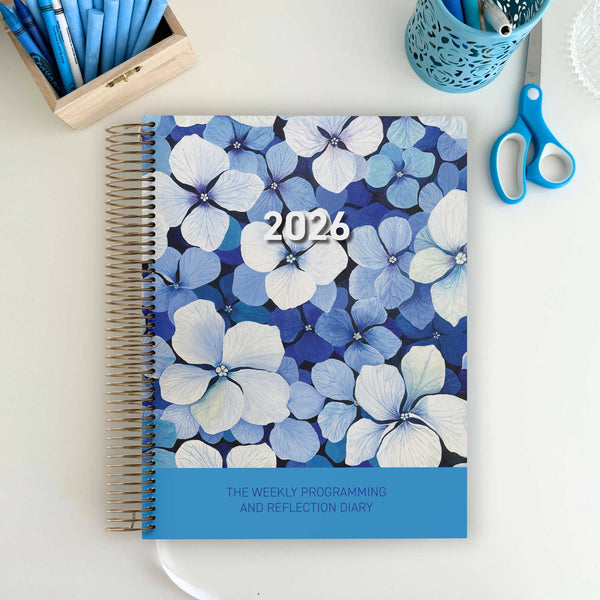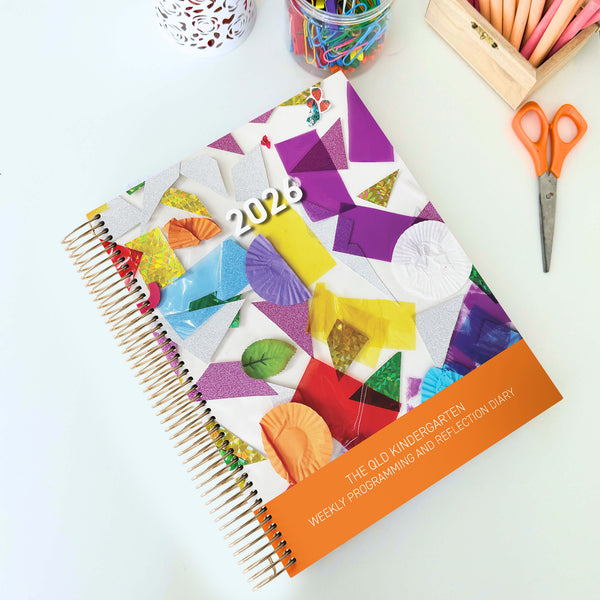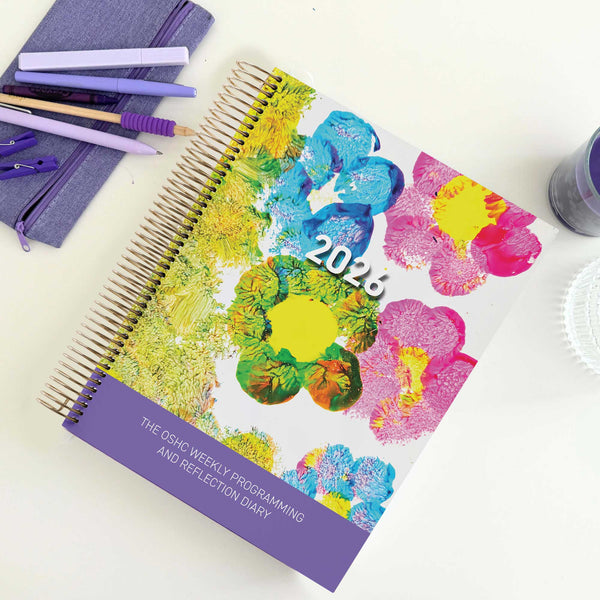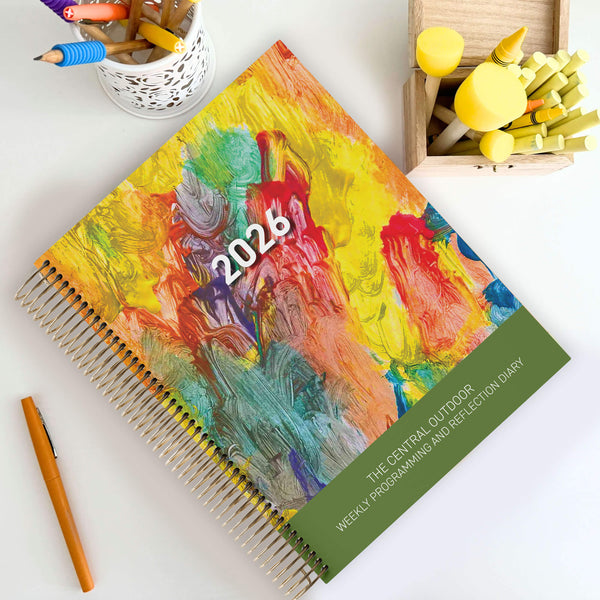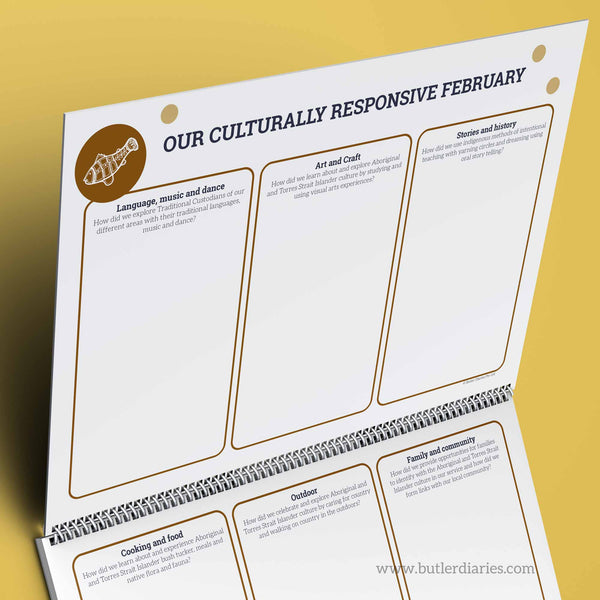It is pretty common now that most people recognise and even celebrate sustainable practices. This is no different in Early Childhood Education and Care. The industry places a heavy priority on Sustainable Practices and recognises your important role of inspiring the new generation in our collective responsibility. Early Childhood Education and Care has the opportunity to pave the way for a sustainable future.
Navigating the Challenges of Sustainable Practice
Even though the importance of Sustainability is widely recognised, that does not mean it is challenge free. As Early Childhood Educators, you may find yourself time poor which can impact your ability to spend time understanding sustainability and being able to fully commit to Sustainable Practice.
Here are some of the common challenges and insights on how to overcome them:
1. Understanding of Sustainability
One of the most formidable challenges is the diverse interpretation of what sustainability means. It can be:
- Environmental responsibility
- Cultural sustainability
- Economic sustainability
Educators must embrace a comprehensive understanding that aligns with the service's vision.
2. Resources and Budget Constraints
Sustainable practices often require investment in materials, training, and sometimes infrastructure. The challenge here is balancing the budget while implementing meaningful sustainable actions.
3. Incorporating Sustainability into Curriculum
Embedding sustainability into the daily curriculum requires a blend of creativity, planning, and adaptability. Finding ways to make sustainability an exciting and engaging part of children's daily learning experiences can be intricate.
4. Family and Community Engagement
Not all families may share the same understanding or enthusiasm for sustainability. Building a bridge between the service's values and diverse family beliefs is a delicate, yet essential task.
5. Compliance with Standards
Ensuring that sustainable practices align with the national standards such as the National Quality Standard (NQS) and Early Years Learning Framework (EYLF) requires continuous focus and adaptation.
Strategies
While the road to sustainability in ECEC may seem fraught with challenges, there are paths to navigate these complexities:
- Ongoing Professional Development: Educators must be provided with continuous training and resources to stay abreast of sustainability concepts and practices.
- Community Collaboration: Engaging with local community resources can offset budget constraints and foster a sense of collective responsibility.
- Open Communication with Families: Transparency and ongoing dialogue with families can bridge gaps in understanding and encourage collective participation.
- Leverage Frameworks: Utilise frameworks like EYLF and NQS to guide and validate sustainable practices within the service.
The Solution
The above strategies can be helpful but they also can contribute to you being time poor. We at Butler Diaries recognise the challenges and have created a resource to address them AND reduce the pressure on your time.
Our brand new Sustainable Educational Program Cards have been designed to help you create a balanced, creative program that will ALSO save you time and frustration.

We designed this pack of 43 cards to prompt and inspire you to create a sustainable program that will foster children’s connection with their world. They provide inspiration for easy yet educational, sustainable learning experiences and practices you can implement today.
Struggling to understand Sustainability?
Every card links back to a resource pack that includes instructions, templates, and other information to make implementing the experience a breeze. We have also broken the cards down into the 7 Rs:
- Refuse: Avoid unnecessary waste.
- Reduce: Minimise waste.
- Reuse: Utilise materials more than once.
- Repair: Fix instead of discard.
- Recycle: Repurpose materials.
- Respect: Foster respect for the environment.
- Reflect: Think about the strong connections between children and the world around them.
Check out this article for an example of sustainability in practice.
Are your Resources and Budget Tight?
Our experiences are all budget-friendly and rely heavily on recyclable and reusable materials that are easily donated by families. We also provide alternate ideas for those on a tight budget.
Do you Find Incorporating Sustainability into the Curriculum Difficult?
Our experiences are not only easy to set up but they are fun and guaranteed to spark children's interest. We have also made documentation a breeze. Use our Sustainable Educational Program Cards with Our Sustainable Year Wall Calendar. Each R has its own space inside the Calendar and each experience is linked to an R, making documentation quick and simple.
Guarantee your program is addressing the Sustainability principle and learning outcome 2. Our experiences also draw in other learning outcomes, including fostering children's identity, their sense of wellbeing, active learning skills, and communication so you can also complete your Weekly Programming and Reflection Diary at the same time!
Is Family and Community Engagement a Challenge for you?
Our resource packs include notices to families and the community and letters to send home, making getting your families involved even easier. We also include many relevant experiences that can help spark the interest of families.
Do you Worry about Compliance with Standards?
All our experiences link to Frameworks and include these links on the cards for you.
You can get your ultimate Sustainability Resource Tools
The Our Sustainable Year Wall Calendar and Sustainable Educational Program Cards are available for order now.










